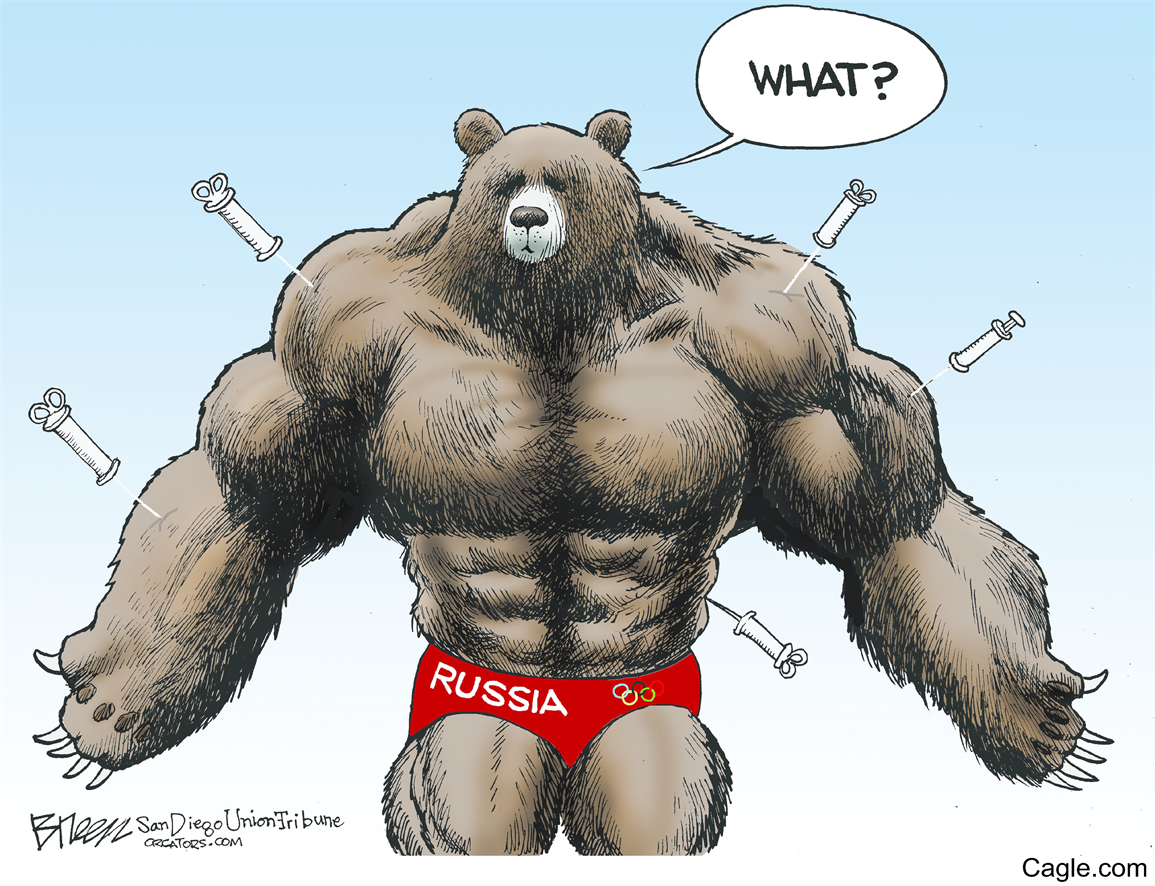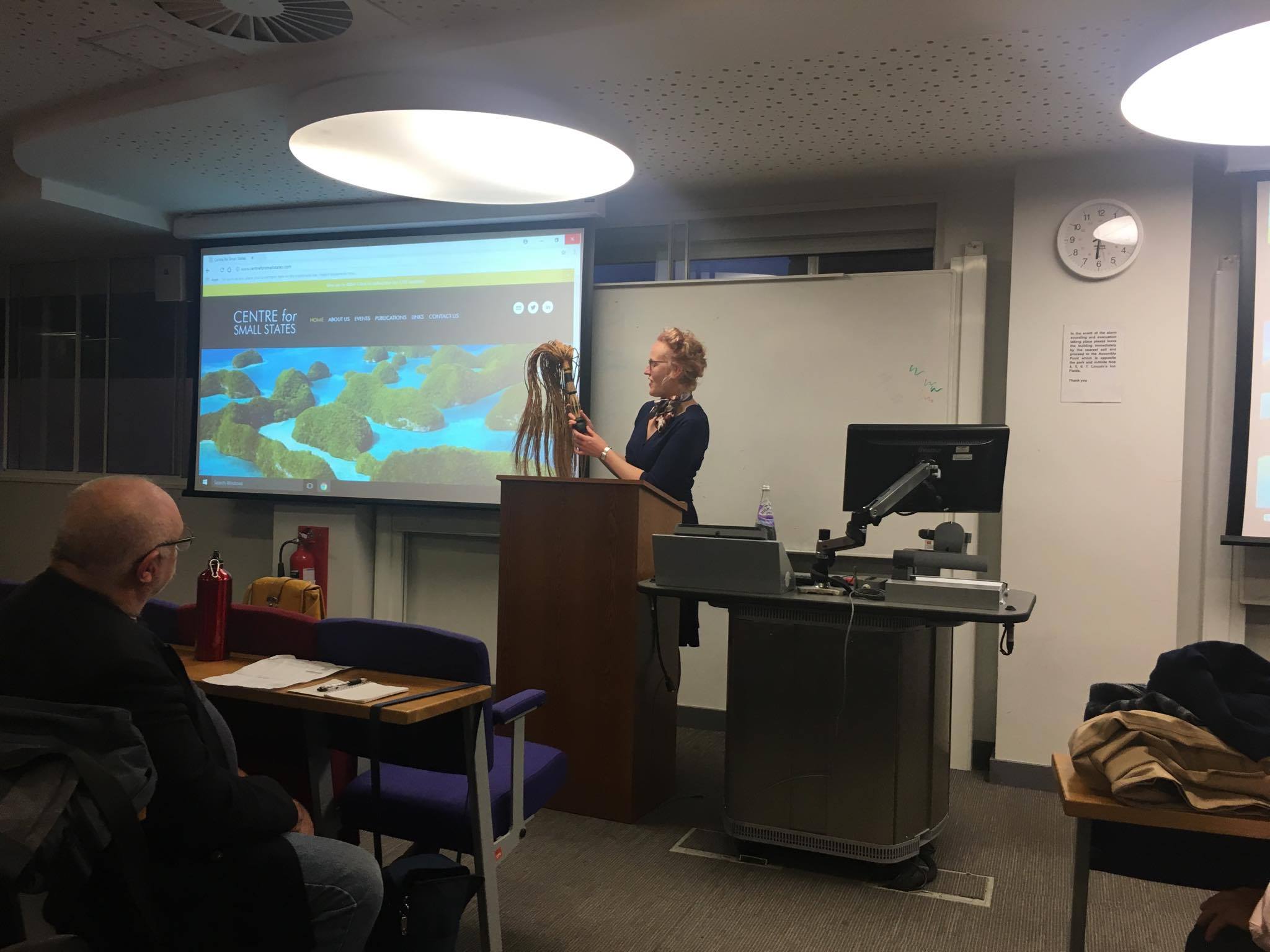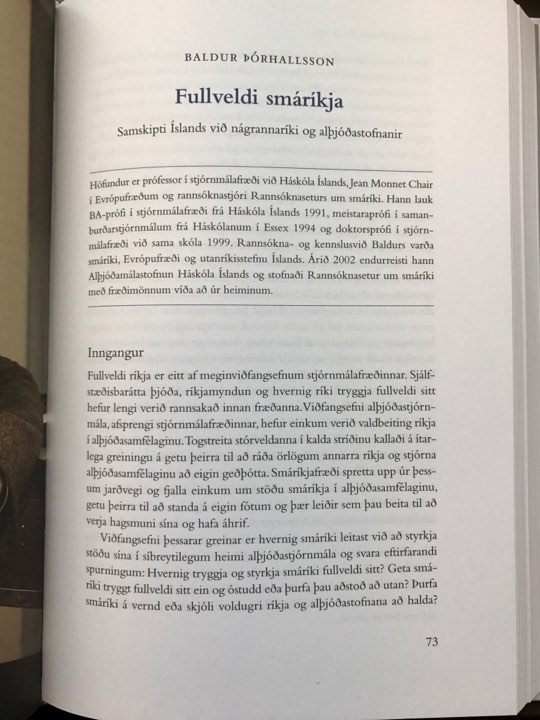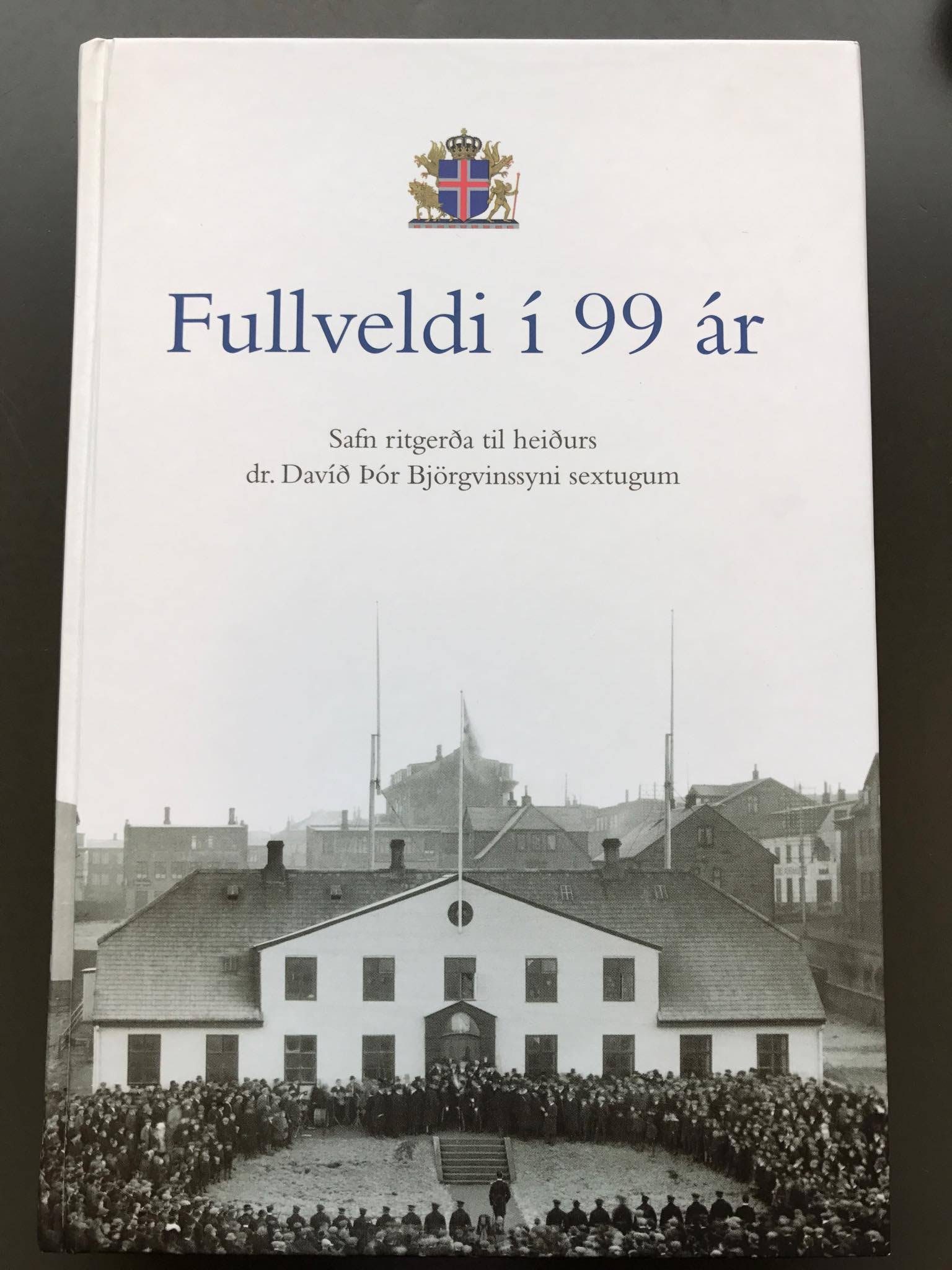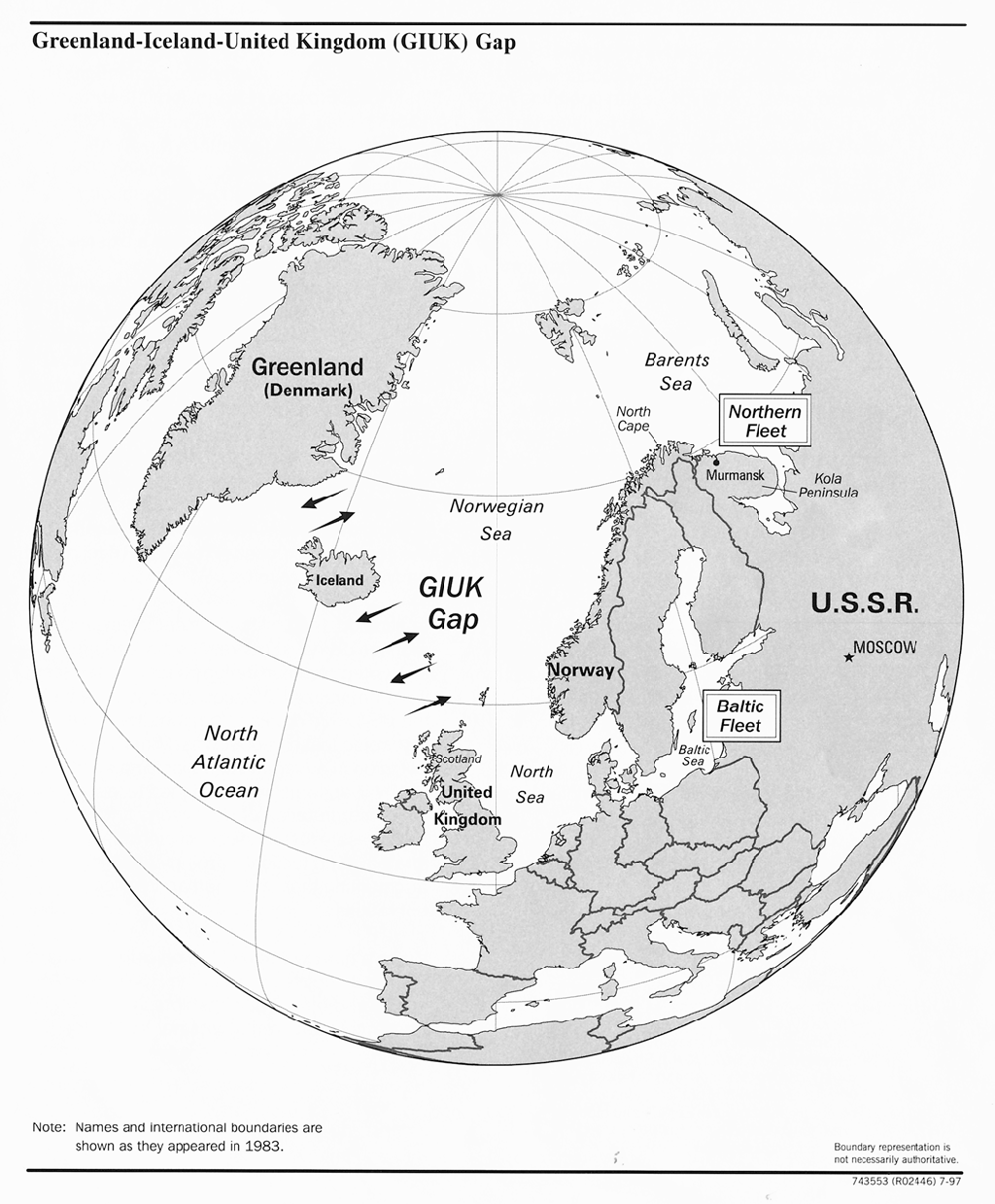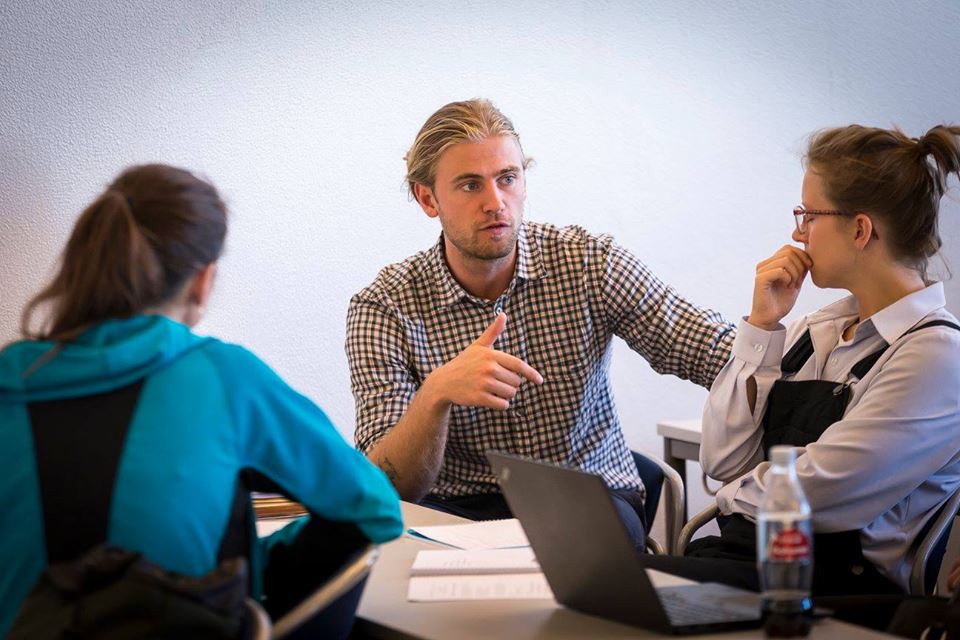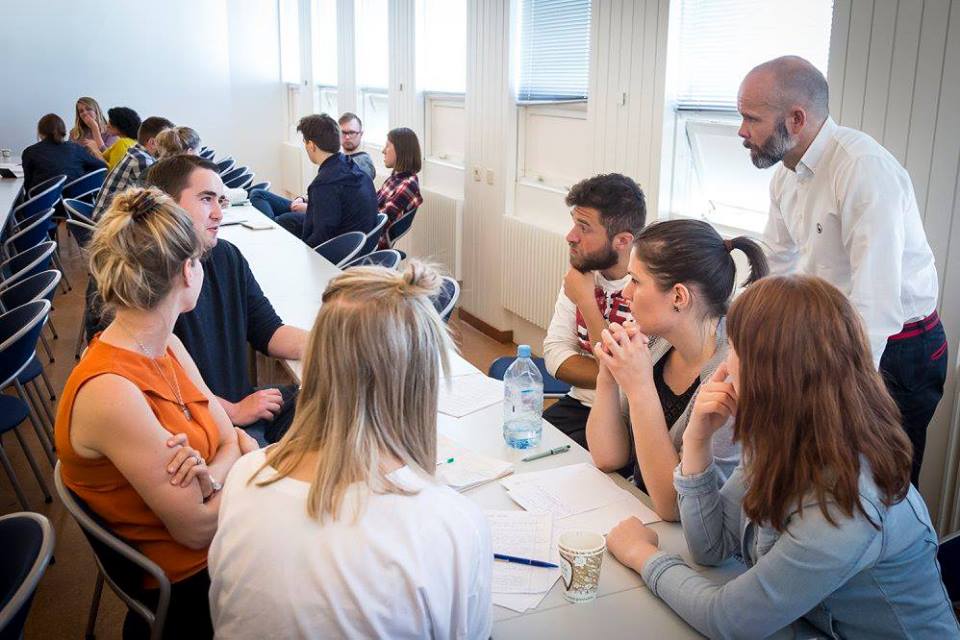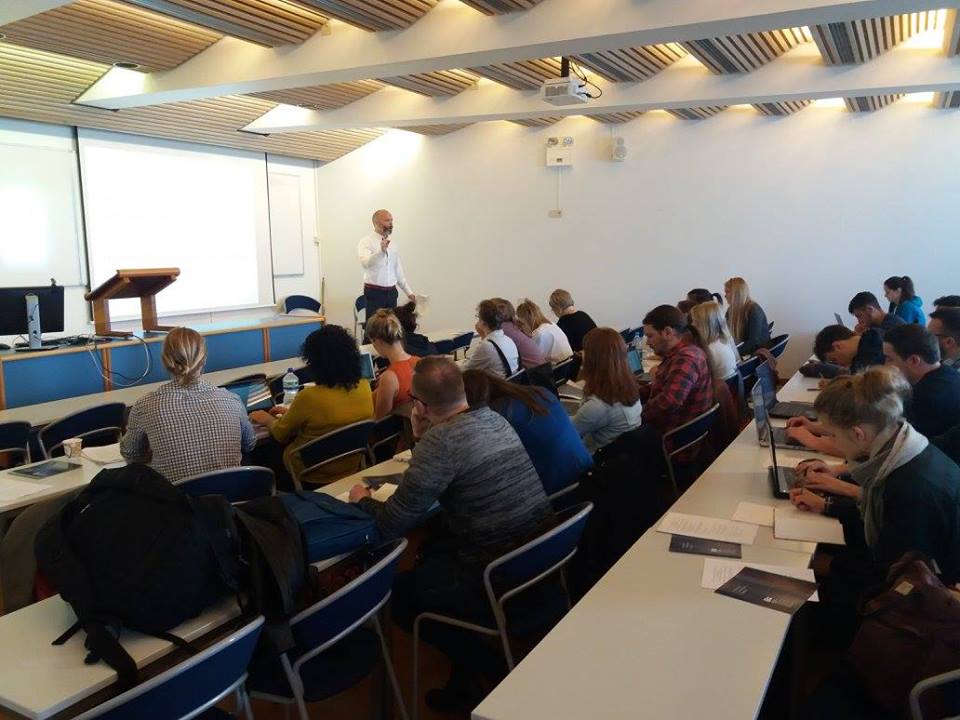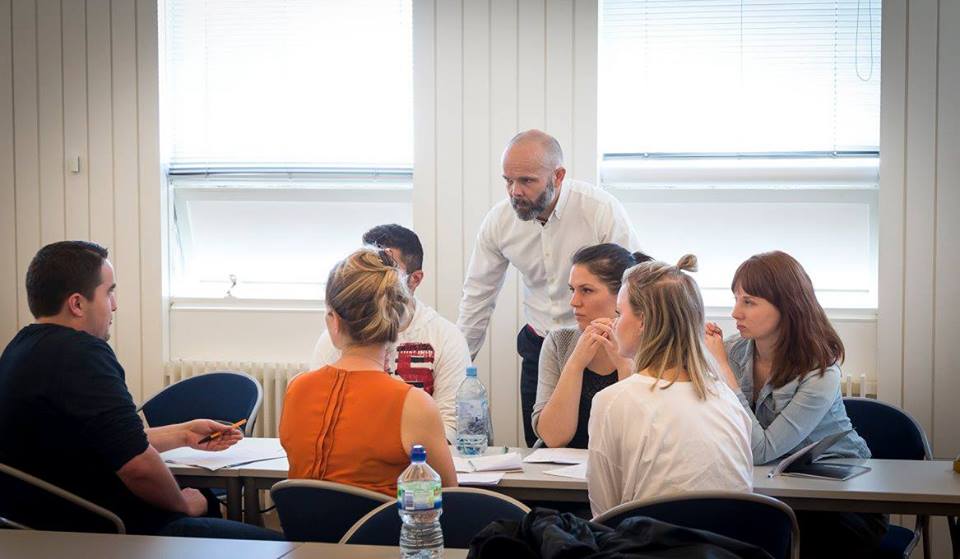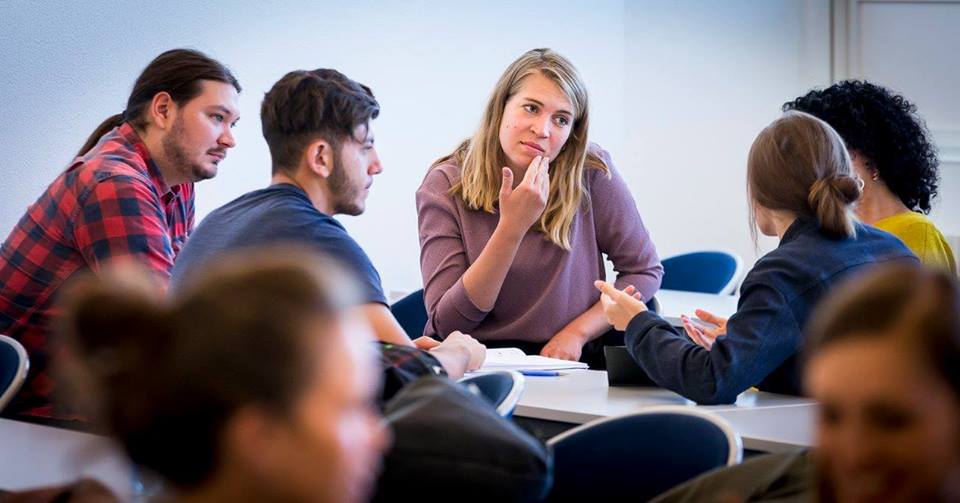The Centre for Small State Studies at the University of Iceland was recently awarded a grant from the European Union’s Jean Monnet Activities programme, Jean Monnet Networks. The total amount of the grant is 300.000 euros. Jean Monnet Networks are research projects that are designed to promote excellence in EU studies worldwide and foster a policy-debate with the academic world. The University of Iceland is the lead partner, with nine other universities participating in the project: The University of Copenhagen, Vilnius University, Tallinn University of Technology, University of St. Andrews, the University of Malta, University of Ljubljana, Lund University, University of Zagreb, and the University of the Aegean in Rhodes. The Centre for Small State Studies is run under the auspices of the Institute of International Affairs at the University of Iceland.
Baldur Thorhallsson, Professor of Political Science at the University of Iceland leads the project on behalf of the University of Iceland in cooperation with Pia Hansson, Director of the Institute of International Affairs and Tómas Joensen, Project Manager at the Centre for Small State Studies. During the next three years the ten higher education institutions will develop close cooperation in the field of small state studies. The grant will be used to host workshops, roundtables for young researchers, publish academic papers, policy recommendations, and at the end of the project an academic book.
The Jean Monnet Networks grant is a great acknowledgment of the work carried out by the Centre for Small State Studies, which has specialised in the role of small states in Europe. In 2013, the Centre was awarded a Centre of Excellence grant from the European Union and has operated as a Jean Monnet Centre of Excellence since then. The Centre furthermore received two Erasmus+ Strategic Partnership grants, in 2014 and 2016. The Centre for Small State Studies has organized an annual summer school since 2003 and recently received an award of excellence from Erasmus+ for the project.


